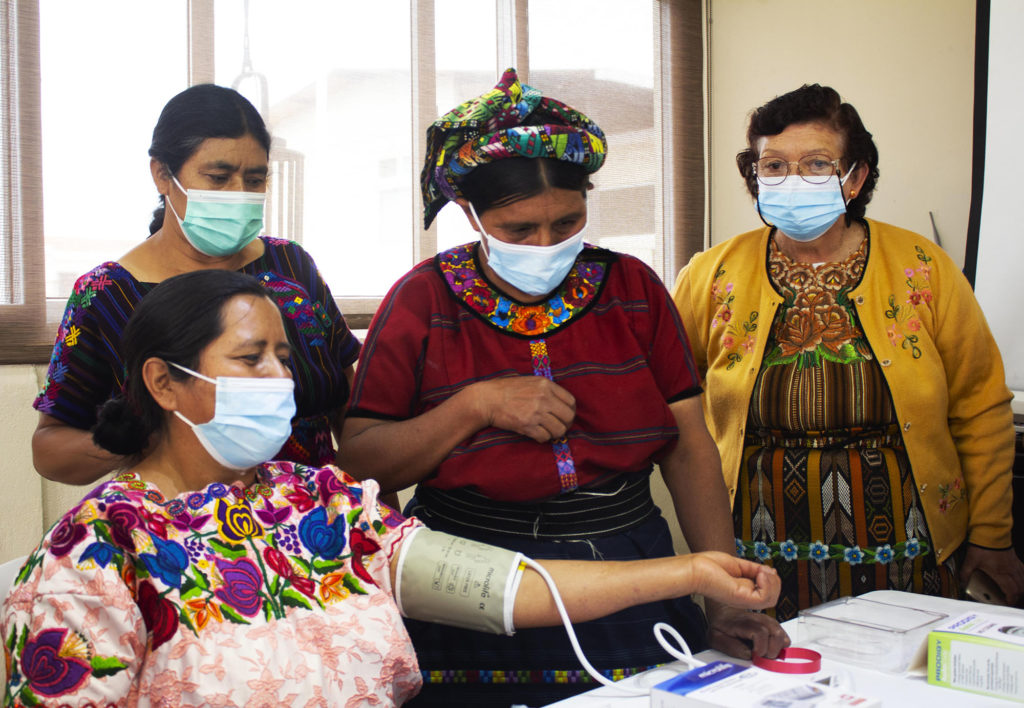Strengthening Antenatal Care for Indigenous Women in Guatemala
Strengthening Antenatal Care for Indigenous Women in Guatemala

Overview
From 2019 to 2021, the Strengthening Antenatal Care for Indigenous Women in Guatemala project, led by MSH, worked to improve the quality and cultural responsiveness of antenatal care for Indigenous women in the Western Highlands. In close partnership with local health authorities and communities, the project supported primary health care providers to deliver respectful, high-quality care that honored both biomedical standards and traditional practices.
This work laid the foundation for the next phase: Healthy Mothers and Babies in Guatemala (Utz’ Na’n), which began in 2021 and continues through 2027. The Utz’ Na’n initiative builds on these early successes to strengthen the continuum of maternal and newborn care, deepen collaboration with Indigenous midwives, and advance equity in primary health services for women and families.
Learn more about the ongoing Utz Na’n project here: https://msh.org/projects/healthy-mothers-and-babies-in-guatemala/
Group Antenatal Care Modelling – Designing a contextually adapted group antenatal care model.
Supporting safer births in Guatemala during the COVID-19 pandemic
Project Contact
Felipe López
Project Director
Dr. Felipe López, a physician and surgeon, has over 30 years of global experience in health, providing technical assistance to Guatemalan institutions and the ministries and secretaries of health of the Mesoamerican region (Mexico to Panama). He has a background in maternal and child care, family planning, HIV and AIDS, primary health care, monitoring and evaluation, human resources for health, training and health training manuals, and quality assurance in health administration and management. Dr. López graduated from the University of San Carlos de Guatemala with a specialty in sexual and reproductive health and a postgraduate degree in epidemiology. He also has postgraduate degrees in re-engineering and quality assurance from the Francisco Marroquin University.
Donors & Partners
Donors
Margaret A. Cargill Philanthropies
Partners
Health Unlimited
Observatory for Sexual and Reproductive Health